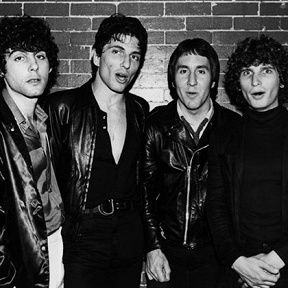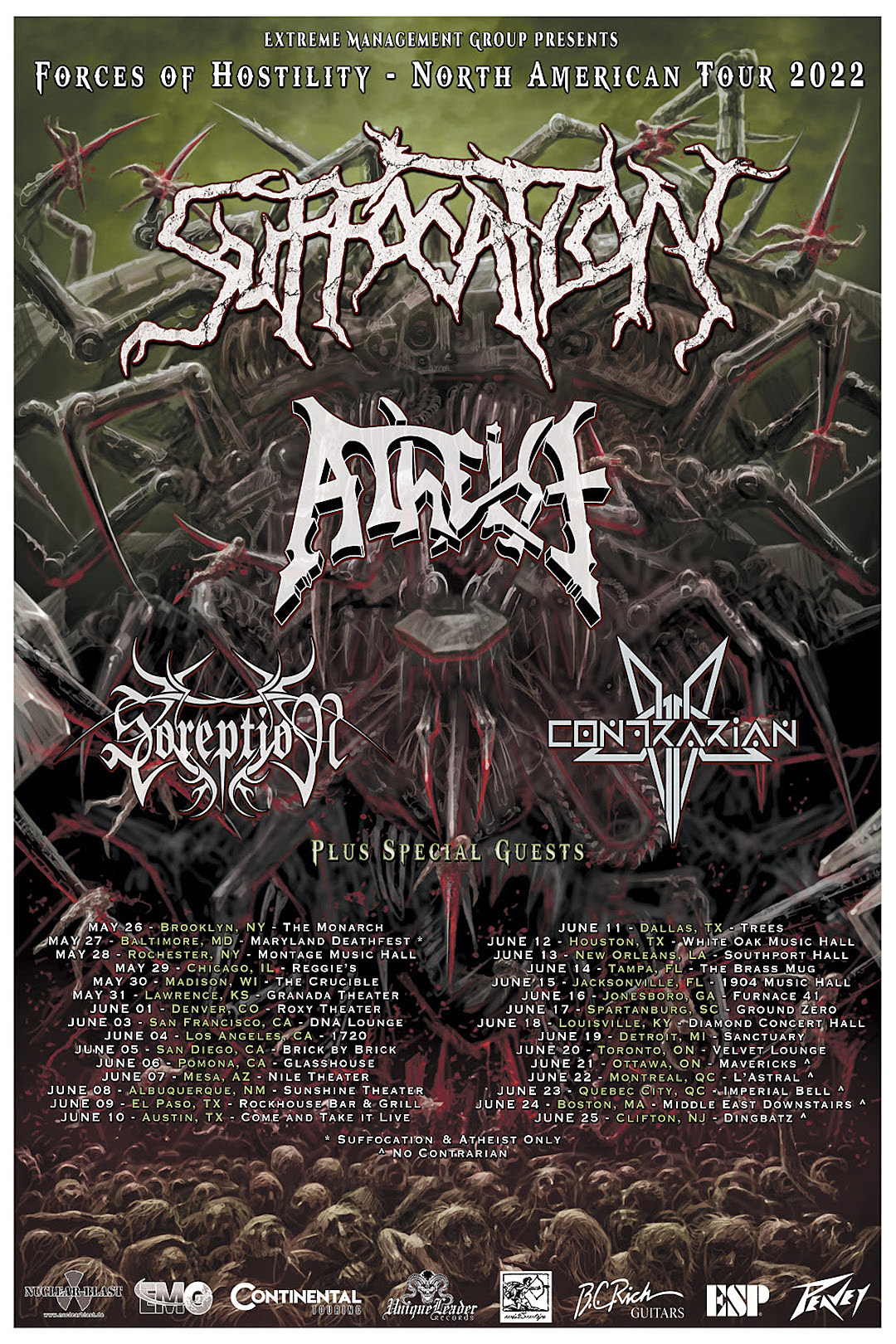

However, the record (released in October 1981) was a commercial disappointment, only reaching No. They reconvened in the summer of 1981 to record their third album, Round Trip. 62.Īfter nearly a year of touring in the US, Canada, Europe, New Zealand, Australia, and Japan, starting in April 1980 the band took a year off because of exhaustion and "internal dissent".

13 in Canada) follow-up single " Can't Put a Price on Love" missed the top 40 altogether, peaking at No. Additionally, the lead single " Baby Talks Dirty" only briefly made the US Top 40, stalling at No. But the Little Girls Understand were written before the first LP was recorded and were intended to be put out as a double album. Fieger claimed in later interviews that all of the tracks for Get the Knack and.

Though the album went gold in the US and Japan, and platinum in Canada, it didn't meet with the same level of commercial success as their debut. But the Little Girls Understand, which was released in early 1980. The Knack quickly recorded a follow-up album. This perception, and the perception that the object of some of the Knack's songs were teenaged girls (subsequently acknowledged when the band were years older), quickly led to a "Knuke the Knack" campaign led by San Francisco artist Hugh Brown. Soon, as Get the Knack became more popular, the band was met with hostility from other artists who felt the intense marketing of the band was invalidating their own efforts of invoking the 1960 sound. Critics fought back, claiming the band was imposing inadequate memories of the 1960s on those who didn't know better. He went on to mention how fans of the Knack had not been able to experience the times of the 1960s, and that it was wrong to deny them the privilege of experiencing something similar. Fieger acknowledged the band's likeness to the Beatles, claiming that it was their intention to present the Knack as a replica of the British Invasion. Coupled with the band's "retro" 1960s look and pop/rock sound, the company's stylings led detractors to accuse them of being Beatles rip-offs, which the band and their record company denied. Capitol's packaging of Get the Knack included a perceived cover likeness to Meet the Beatles! with the record's center label being the same design and style as the Beatles' early 1960s LPs. However, the band's rise to the top of the charts also precipitated a backlash. Follow-up single " Good Girls Don't" peaked at No. 1 hit in the US, and became the number-one song of 1979. The lead single, " My Sharona", was a No. The band's debut album, Get the Knack, was one of the year's best-selling albums, holding the number one spot on Billboard magazine's album chart for five consecutive weeks and selling two million copies in the United States. A&R executives Bruce Garfield and Bruce Ravid are credited with signing the band. The band was pursued by ten record labels, but decided on Capitol Records at the time, the Knack was given the largest signing sum in the label's history. Within months of their live debut, popular club gigs on the Sunset Strip, as well as guest jams with musicians such as Bruce Springsteen, Tom Petty and Ray Manzarek, led to the band being the subject of a record label bidding war. Some of these songs later made up the band's debut album Get the Knack, and included " Good Girls Don't".
#THE KNACK DISCOGRAPHY TORRENT SERIES#
In the meantime, Fieger had been doubling on bass on a series of demos that the group had shopped to several record labels, all of which were rejected.

Niles was the last to join, a week before the band's first show in June 1978. Fieger had also known Bruce Gary (drums) for years before forming the Knack in 1978 with Prescott Niles (bass). Shortly after arriving in L.A., Fieger met Berton Averre (lead guitar, backing vocals and keyboards), and the two started a songwriting partnership. As a result, Fieger made the decision to move to Los Angeles and start another band. Although Sky had received a modest amount of acclaim, including being produced by Rolling Stones producer Jimmy Miller, the band broke up without having any chart success. The brother of attorney Geoffrey Fieger (later known for representing Jack Kevorkian in a series of assisted suicide cases) Fieger had previously played in an eclectic rock band called Sky as well as the Sunset Bombers. Singer Doug Fieger was a native of Oak Park, Michigan, a northern suburb of Detroit, Michigan, and grew up in the 9 Mile/Greenfield area. 1.4 Return of the Knack and final album (1986–2010).


 0 kommentar(er)
0 kommentar(er)
